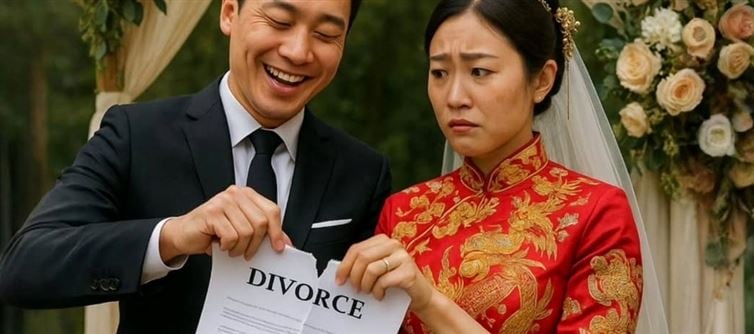
At the same time, the law also introduces a provision for equal custody of children post-divorce, representing a significant shift from past practices that generally favored mothers as the primary custodians. The new emphasis on shared parental responsibility is seen by some as an effort to reduce post-divorce conflict and foster a more balanced role for fathers in child-rearing. However, practical challenges remain, especially in situations involving domestic abuse or where one parent is clearly more involved in day-to-day caregiving. Without nuanced consideration, a rigid implementation of “equal custody” could inadvertently harm children's well-being by forcing unsuitable co-parenting arrangements.
Overall, the legal reforms reflect a complex attempt by Chinese lawmakers to reshape family dynamics in line with modern legal principles, but they also raise serious concerns about the potential erosion of women’s rights in a society where traditional gender roles still persist. Critics warn that without protections for unpaid labor and more flexible custody arrangements, the new law risks deepening existing inequalities. For many women, the message these changes send is disheartening: that financial contributions are valued more than caregiving and that divorce may leave them legally and economically vulnerable despite years of emotional and domestic investment.




 click and follow Indiaherald WhatsApp channel
click and follow Indiaherald WhatsApp channel